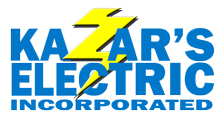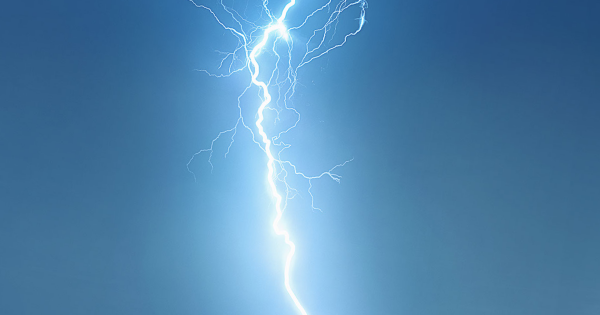It’s remarkably important for business owners to be able to rely on their electrical systems. This goes beyond simply ensuring that operations continue without issue. It can be difficult for storefronts to even be discovered by passing shoppers at night without proper parking lot and area lighting services, for example.
Unfortunately, no power source is completely reliable. But there are ways that business owners can prepare themselves for problems with their power sources and can better equip themselves to deal with those issues when they arise.
Power surges are perhaps some of the most problematic electrical issues for business owners. A typical storefront will use quite a bit of power between parking lot and area lighting services, internal industrial lighting services, and the simple electricity that it takes to keep a business operational. Below, we’re exploring what causes power surges and how to deal with them effectively when they happen.
What is a Power Surge?
A power surge is essentially an unexpected increase in power voltage. When this voltage increases, it does so to the extent that electronic equipment can be damaged, degraded, or even entirely destroyed. When this happens to a business, this can result not only in operations coming to a standstill, but equipment becoming permanently damaged. The business owner will then have to replace that equipment and deal with the effects of going without it for an extended period of time.
If a power surge causes an outage, a business owner should get in touch with emergency electrician services as quickly as possible. It’s important for the source of the surge to be identified and for all surrounding equipment to be inspected. This way, emergency electricians can ascertain whether or not the area is at risk of developing an electrical fire.
What Causes Power Surges?
There are a lot of issues that can cause power surges. According to the National Electrical Manufacturers Association, about 60% to 80% of all power surges can be traced back to internal sources. This means that the surge is often traced back to an issue within the business itself. Occasionally, power surges can be connected to lightning strikes. These surges are often the most catastrophic. Entire grids can be shut down after a lightning strike. Utility company problems can also occasionally be linked to surges.
Most often, the problem is overvoltage within the business. This means that the business’s electrical system is essentially over-extending itself or is perhaps being overly reliant upon equipment that really can’t be trusted. The problem with such equipment is that if it is overused or used past its advised lifetime, it becomes vulnerable to surges. Faulty equipment is one of the main problems behind power surges. Even a frayed power cord could cause power to spike. When the motors of large machines or appliances turn on and off, this creates a surge risk, as well.
It can be difficult to predict exactly what will cause a surge, and even if you do follow a plan that prevents surges to the best of its ability, there is still a risk present. This is why business owners should have commercial electrical contractors that provide emergency electrical services on standby. A generator is also a good investment. This way, everything from internal operations to parking lot and area lighting service can continue uninterrupted.
What Can I Do to Prevent a Surge?
There are steps you can take to prevent a surge effectively. Firstly, electrical equipment should be regularly maintained and inspected by professionals and replaced when necessary. Furthermore, an alternate power source should be kept on as a standby. Business owners should also invest in high-quality surge protectors in order to prevent power spikes from getting out of hand.
By working with professional emergency electricians, business owners can maintain their operations, their parking lot and area lighting services, and much more. There are so many issues that you can experience as a business owner, but a surge shouldn’t be one of them. Take the steps that you can to prevent them and invest in new equipment when the time comes. That way, you’ll be less likely to deal with this aggravation.

